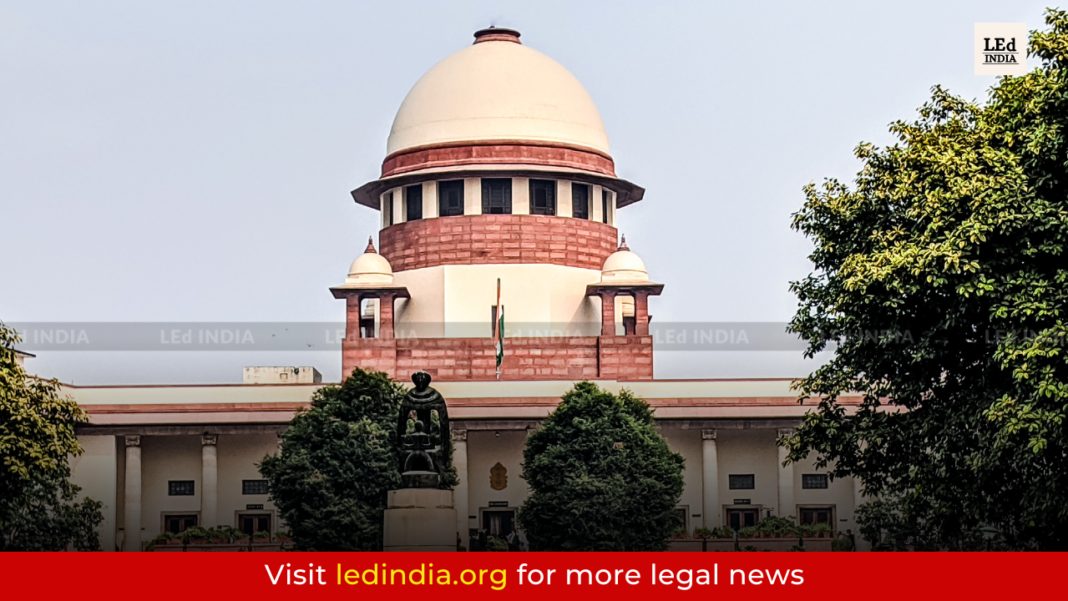In a recent landmark decision, the Supreme Court has acquitted three individuals who were previously convicted of murder. The case revolved around the alleged involvement of the accused in the death of a man, with suspicions raised due to a property dispute between the deceased and one of the accused. The Court found that the evidence presented by the prosecution failed to establish guilt beyond a reasonable doubt.
The prosecution’s case hinged on circumstantial evidence, including the ‘last seen’ theory and Call Detail Records. However, the Supreme Court deemed these pieces of evidence to be unreliable and lacking credibility. The Court emphasized the need for evidence to be consistent with the hypothesis of the accused’s guilt and to exclude any other reasonable explanations.
Referring to legal precedents, the Court stressed the principle that mere suspicion cannot replace the requirement of proof beyond reasonable doubt. The Court’s scrutiny of witness testimonies revealed discrepancies, particularly concerning the identification of the accused. The witnesses had seen the accused in a police station prior to the trial, raising doubts about the integrity of the identification process.
Citing the celebrated case of Sharad Birdhichand Sarda v. State of Maharashtra, the Court underscored the necessity for a complete chain of conclusive evidence to eliminate any plausible alternative scenarios. The Court concluded that the prosecution’s failure to meet this standard led to a lack of confidence in their case.
Consequently, the Supreme Court allowed the appeals, setting aside the convictions imposed by the Trial Court and the subsequent dismissal by the High Court. The three accused were acquitted of all charges and are to be released unless detained in connection with other cases.
This verdict highlights the critical importance of robust evidence and proof beyond reasonable doubt in criminal proceedings, safeguarding the principle that suspicion alone cannot suffice for a conviction.”




